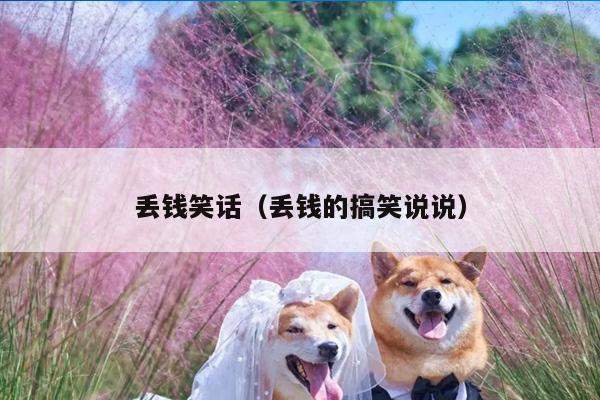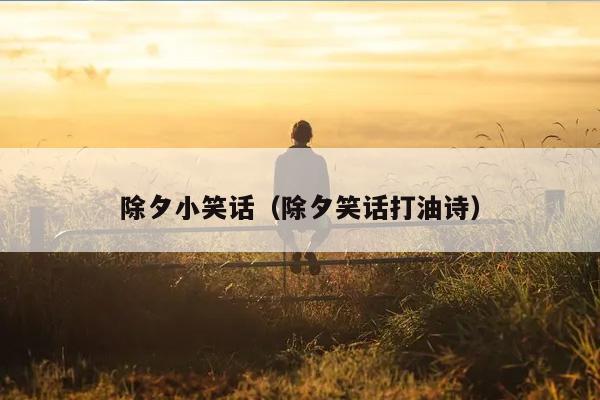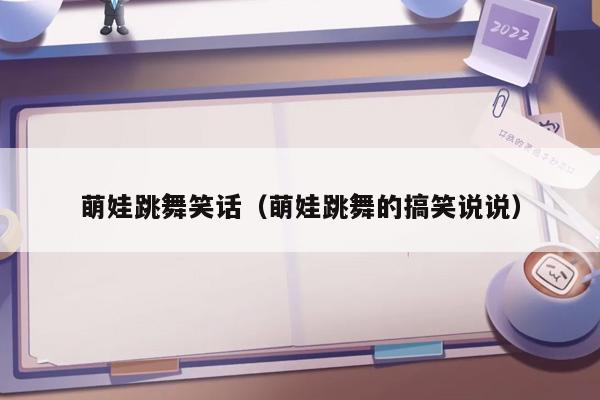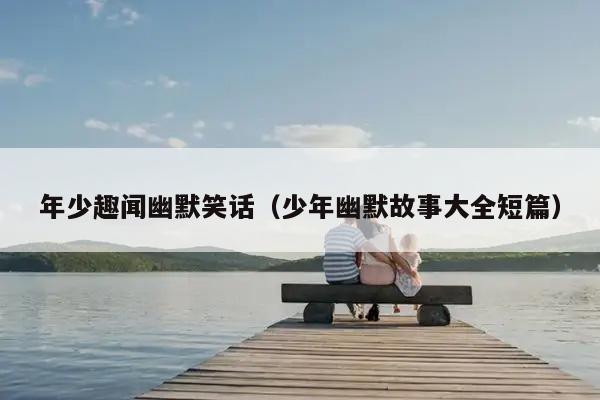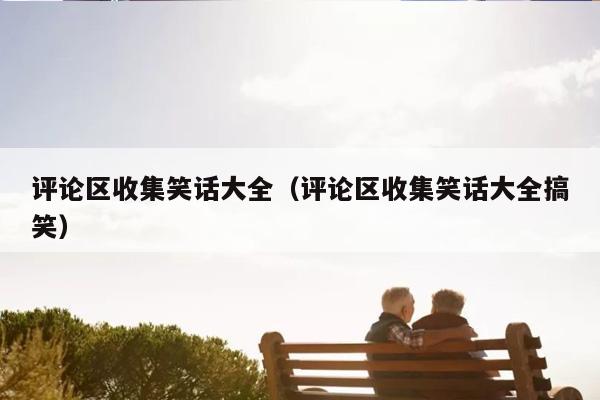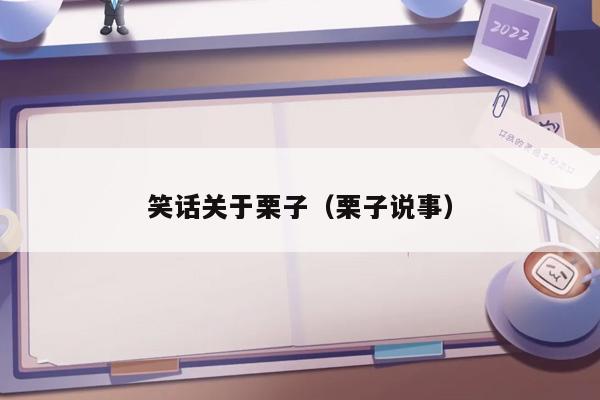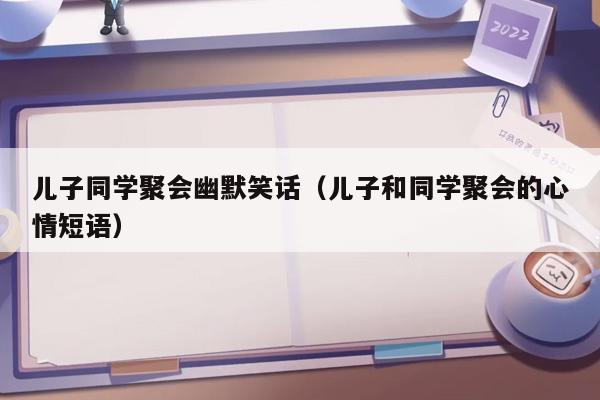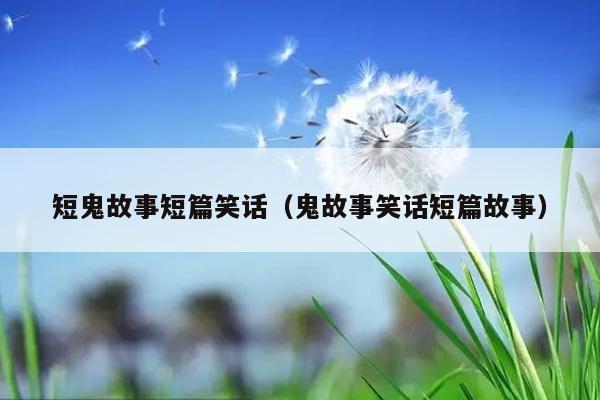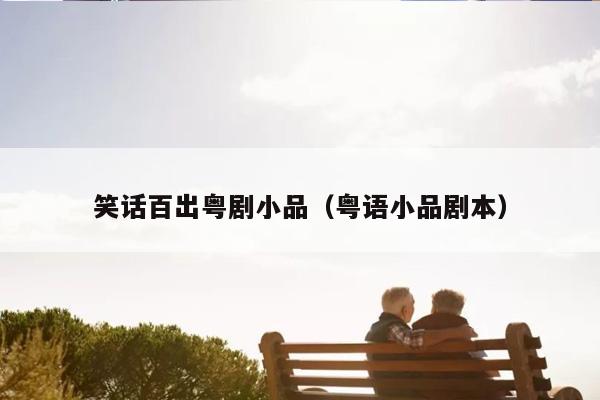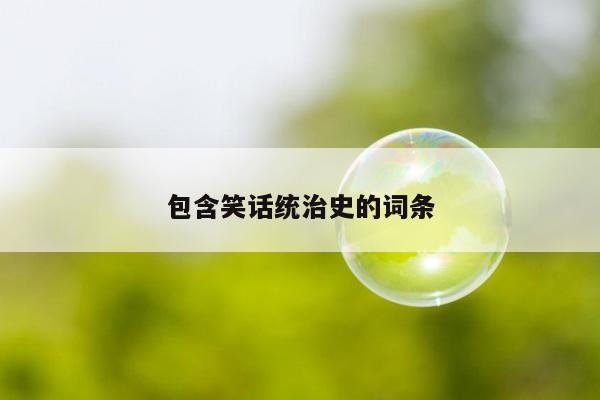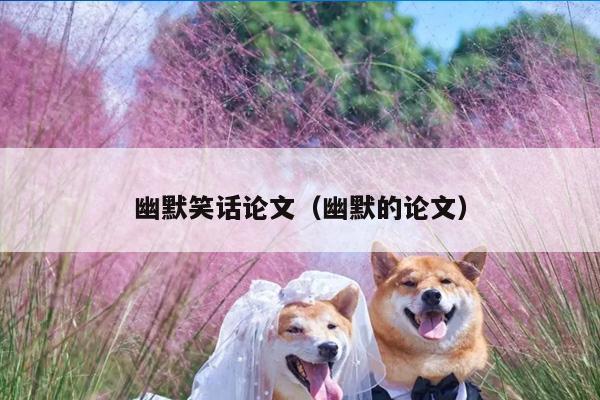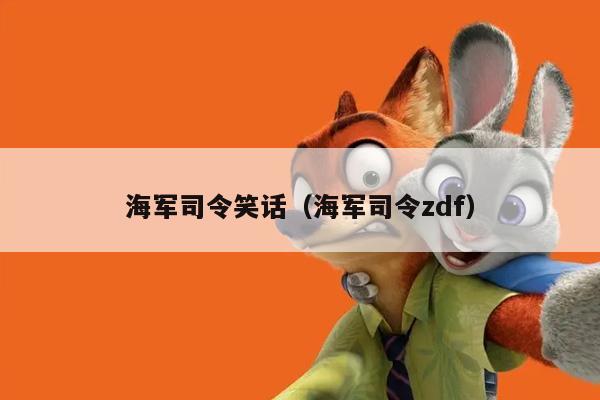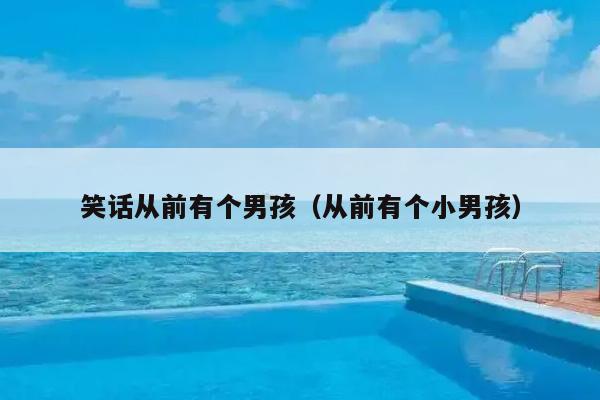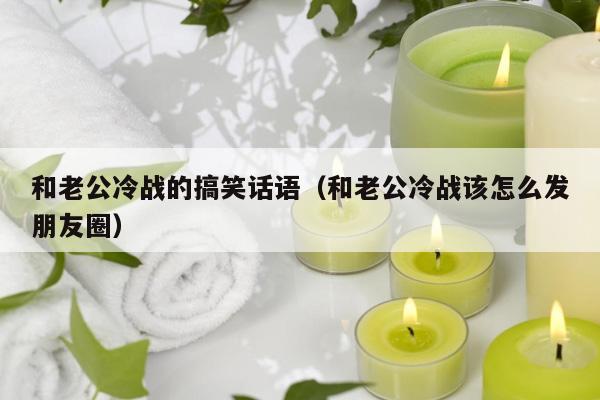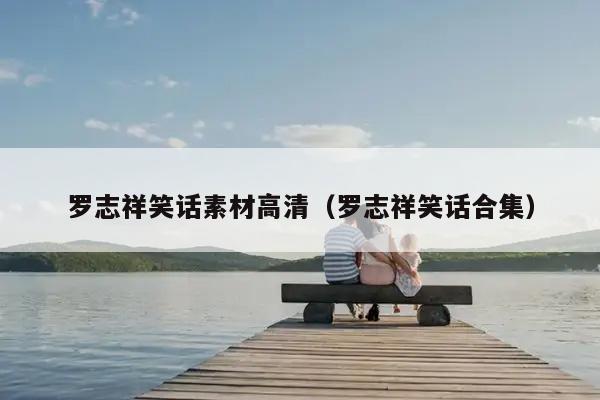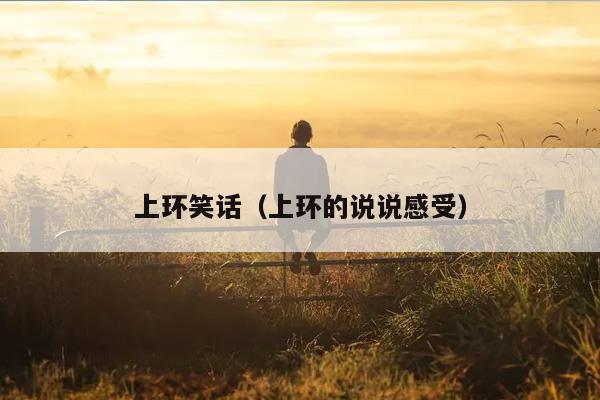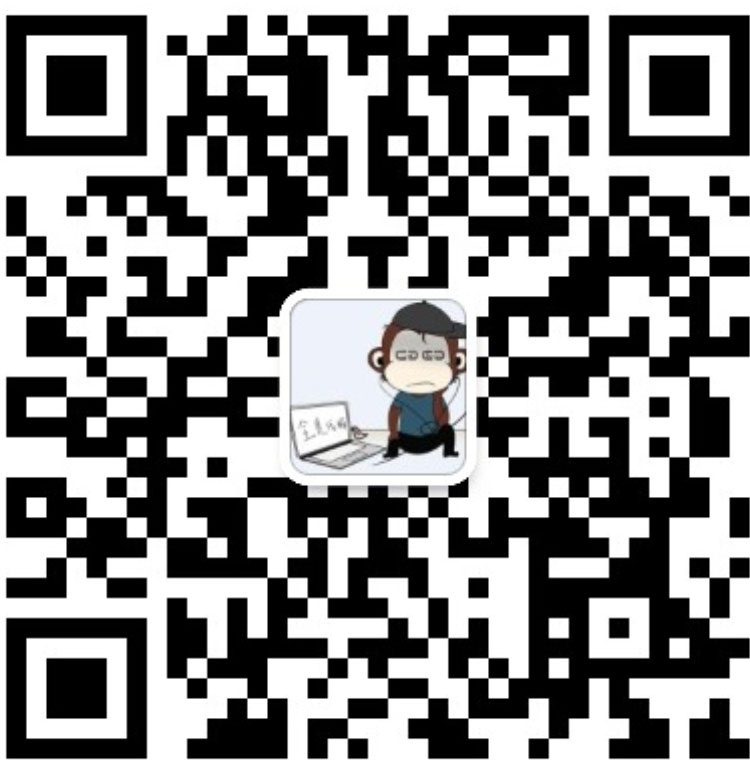本文目录一览:
关于春节的英语短文\谚语\俗语\笑话(都要带中文解释)
The Spring Festival is the most important festival for the Chinese people and is when allfamily members get together, just like Christmas in the West. All people living away from home go back, becoming the busiest time for transportation systems of about half a month from the Spring Festival. Airports, railway stations and long-distance bus stations are crowded with home returnees.
The Spring Festival falls on the 1st day of the 1st lunar month, often one month later than the Gregorian calendar. It originated in the Shang Dynasty (c. 1600 BC-c. 1100 BC) from the people's sacrifice to gods and ancestors at the end of an old year and the beginning of a new one.
Strictly speaking, the Spring Festival starts every year in the early days of the 12th lunar month and will last till the mid 1st lunar month of the next year. Of them, the most important days are Spring Festival Eve and the first three days. The Chinese government now stipulates people have seven days off for the Chinese Lunar New Year.
Many customs accompany the Spring Festival. Some are still followed today, but others have weakened.
On the 8th day of the 12th lunar month, many families make laba porridge, a delicious kind of porridge made with glutinous rice, millet, seeds of Job's tears, jujube berries, lotus seeds, beans, longan and gingko.
The 23rd day of the 12th lunar month is called Preliminary Eve. At this time, people offer sacrifice to the kitchen god. Now however, most families make delicious food to enjoy themselves.
After the Preliminary Eve, people begin preparing for the coming New Year. This is called "Seeing the New Year in".
Store owners are busy then as everybody goes out to purchase necessities for the New Year. Materials not only include edible oil, rice, flour, chicken, duck, fish and meat, but also fruit, candies and kinds of nuts. What's more, various decorations, new clothes and shoes for the children as well as gifts for the elderly, friends and relatives, are all on the list of purchasing.
Before the New Year comes, the people completely clean the indoors and outdoors of their homes as well as their clothes, bedclothes and all their utensils.
Then people begin decorating their clean rooms featuring an atmosphere of rejoicing and festivity. All the door panels will be pasted with Spring Festival couplets, highlighting Chinese calligraphy with black characters on red paper. The content varies from house owners' wishes for a bright future to good luck for the New Year. Also, pictures of the god of doors and wealth will be posted on front doors to ward off evil spirits and welcome peace and abundance.
The Chinese character "fu" (meaning blessing or happiness) is a must. The character put on paper can be pasted normally or upside down, for in Chinese the "reversed fu" is homophonic with "fu comes", both being pronounced as "fudaole." What's more, two big red lanterns can be raised on both sides of the front door. Red paper-cuttings can be seen on window glass and brightly colored New Year paintings with auspicious meanings may be put on the wall.
People attach great importance to Spring Festival Eve. At that time, all family members eat dinner together. The meal is more luxurious than usual. Dishes such as chicken, fish and bean curd cannot be excluded, for in Chinese, their pronunciations, respectively "ji", "yu" and "doufu," mean auspiciousness, abundance and richness. After the dinner, the whole family will sit together, chatting and watching TV. In recent years, the Spring Festival party broadcast on China Central Television Station (CCTV) is essential entertainment for the Chinese both at home and abroad. According to custom, each family will stay up to see the New Year in.
Waking up on New Year, everybody dresses up. First they extend greetings to their parents. Then each child will get money as a New Year gift, wrapped up in red paper. People in northern China will eat jiaozi, or dumplings, for breakfast, as they think "jiaozi" in sound means "bidding farewell to the old and ushering in the new". Also, the shape of the dumpling is like gold ingot from ancient China. So people eat them and wish for money and treasure.
Southern Chinese eat niangao (New Year cake made of glutinous rice flour) on this occasion, because as a homophone, niangao means "higher and higher, one year after another." The first five days after the Spring Festival are a good time for relatives, friends, and classmates as well as colleagues to exchange greetings, gifts and chat leisurely.
Burning fireworks was once the most typical custom on the Spring Festival. People thought the spluttering sound could help drive away evil spirits. However, such an activity was completely or partially forbidden in big cities once the government took security, noise and pollution factors into consideration. As a replacement, some buy tapes with firecracker sounds to listen to, some break little balloons to get the sound too, while others buy firecracker handicrafts to hang in the living room.
The lively atmosphere not only fills every household, but permeates to streets and lanes. A series of activities such as lion dancing, dragon lantern dancing, lantern festivals and temple fairs will be held for days. The Spring Festival then comes to an end when the Lantern Festival is finished.
China has 56 ethnic groups. Minorities celebrate their Spring Festival almost the same day as the Han people, and they have different customs.
春节对于大部分中国人来说是很重要的节日,就像西方的圣诞节一样,家人们会在这个节日里团聚在一起。生活在外的人会回家过年, 所以春节前的半个月成为运输系统最繁忙的时期。机场、火车站和长途汽车驻地拥挤与家庭回国的军人。 春节比格里历跌倒第1 个阴历月, 经常一个月的第1 天以后。它发起于商朝(c. 1600 年BC-c 。1100 年BC) 从人民的牺牲对神和祖先在一老年的结尾和新的起点。 严格上讲, 春节在早期开始每年第12 个阴历月, 明年将持续直到中间第1 个阴历月。他们, 最重要的天是春节伊芙和第一三天。中国政府现在规定人有七休息日中国月球新年。 许多风俗伴随春节。一些今天仍然被跟随, 但其他人减弱了。 在第12 个阴历月的第8 天, 许多家庭做laba 粥、可口种类粥被做用糯米, 小米、种子工作的泪花, 枣莓果、莲花种子, 豆, longan 和银杏。 第12 个阴历月的第23 天称Preliminary 伊芙。此时, 人们为厨房神提供牺牲。现在然而, 多数家庭做可口食物开心。 在初步伊芙以后, 人们开始为以后的新年做准备。这称"看新年在" 。 店主是繁忙的然后因为大家出去购买必要新年。材料不仅包括可食的油、米、面粉、鸡、鸭子、鱼和肉, 而且结果实, 糖果和种类坚果。更多是什么, 各种各样的装饰、新衣裳和鞋子为孩子并且礼物为年长的人, 亲戚朋友, 是全部在购买名单。 在新年之前来, 人民完全地清洗户内和户外他们的家并且他们的衣裳、床单和所有他们的器物。 然后人们开始装饰他们干净的房间以rejoicing 和庆祝为特色大气。所有门盘区将被黏贴与春节couplets, 突出中国书法以黑字符在红色纸。内容变化从房主的愿望明亮的未来对好运气新年。并且, 门的神的图片和财富将被张贴在前门挡住邪恶的精神和受欢迎的和平和丰盈。 汉字"fu" (意思祝福或幸福) 是a 必须。字符把放在纸上可能通常被黏贴或上部, 为了用"被扭转的fu" 是homophonic 与"fu 的中文作为" fudaole 来", 两个发音。" 更多是什么, 二个大红色灯笼可能被上升在前门的双方。红色纸切口能看在玻璃窗并且明亮地色的新年绘画以吉利意思也许把放在墙壁上。 居于附上重要性对春节伊芙。那时, 所有家庭成员一起吃晚餐。膳食比通常豪华的。盘譬如鸡、鱼和豆腐无法被排除, 为用中文, 他们的发音、各自"季", "于" 和"doufu 、" 卑鄙吉利、丰盈和丰厚。在晚餐以后, 全家一起将坐, 聊天和看电视。近年来, 春节党广播在中国中央电视台(CCTV) 是根本娱乐为中国人两个国内外。根据风俗, 各个家庭将停留看新年。 醒在新年, 大家穿戴。首先他们致以问候对他们的父母。然后各个孩子将得到金钱作为一件新年礼物, 被包裹在红色纸里。人们在中国北部将吃jiaozi, 或饺子, 早餐, 如同他们认为"jiaozi" 在酣然的手段"向老告别和迎接
南部的汉语吃niangao (新年蛋糕由糯米面粉制成) 在这个场合, 因为作为同音字, niangao 意味"越来越高, 一年在另以后。" 第一五天在春节以后是好时候为亲戚, 朋友, 和同学并且同事悠闲交换问候、礼物和闲谈。 灼烧的烟花曾经是最典型的风俗在春节。人们认为spluttering 的声音能帮助驾驶去邪恶的精神。但是, 这样活动完全地或部份地被禁止了在大城市一旦政府考虑了到安全、噪声和污染因素。作为替换, 一些购买磁带与爆竹听起来听对, 一些打破小的气球得到声音, 当其他人买爆竹工艺品垂悬在客厅。 活泼的大气不仅填装每个家庭, 但渗入对街道和车道。一系列的活动譬如狮子跳舞、龙灯笼跳舞、灯会和寺庙市场将举行好几天。春节然后濒于结束当灯会被完成。 中国有56 个族群。少数庆祝他们的春节几乎同日作为韩人民, 并且他们有不同的风俗。
懒得翻译了,就用工具翻的,短文很好,也比较简单
春节英语笑话
Not to Be Taken Out
Mark Twain once went to borrow a certain book from a neighbour in Tarry town. “ May I borrow a book from you? ” he asked politely. “ Yes, you're more than welcome to it, ” the neighbour told him. “ But I must ask you to read it here. You know I make it a rule never to let any book go out of my library. ”
Some days later the neighbour wished to borrow Mark Twain's machine for cutting grass in the garden. “ Why, certainly, ” Mark Twain told him. “ You're more than welcome to it. But I must ask you to use it here. You know that I make it a rule never to let it go out of my garden. ”
译文:
概不外借
在特里镇,马克·吐温有一次去一位邻居那里借一本书。“我可以向您借一本书吗?”他礼貌地问道。“当然,非常乐意”,邻居告诉他。“但是我要求你在这儿读。你知道我有一条规定,那就是决不让一本书拿出我的图书室”。
几天以后,这位邻居想从马克·吐温那儿借一台割草机。“噢,当然可以”,马克·吐温告诉他,“非常乐意借给你。但我要你在这儿用。你知道我从来不允许把它拿出我的花园”。
原文:
The Umbrella
A gentleman staying in a hotel left his umbrella in the hall, but he had put on the handle a card on which was written :“ This umbrella belongs to a gentleman who can lift up a hundred pounds. I shall be back in ten minutes. ”
When he came back, he found, instead of his umbrella, another card on which was written: “ This card belongs to a man who can run ten miles an hour. I shall not come back. ”
译文:
雨伞
一位住在旅店的绅士把他的雨伞放在了大厅里,不过他在伞柄上系了一张卡片,上面写道:“此伞属于一位能举百磅的绅士。我将在 10 分钟内回来。”
当他回来时,他发现雨伞已不翼而飞,取而代之的是另一张卡片,上面写着:“此卡片是一位 1 小时能跑 10 英里的人留下的,我不回来了。”
原文
You Will Save Much More
“ You will be pleased with me today, mother ” , said Dick to his mother, coming home from school. “ I saved on fares. I didn't go to school by bus, I ran all the way after it. ”
“ Well, ” said his mother laughing, “ Next time you should run after a taxi, you will save much more. ”
译文:
你会省得更多
“妈妈,你今天一定会对我满意的,”迪克放学回家后对妈妈说,“我省下了车钱。我上学时没乘公共汽车,而是跟着公共汽车一路跑到学校的。”
“哦,”妈妈笑着说,“下次你跟在出租车后面跑,那会省得更多”。
英语小短文或者小笑话
笑话
1,Two birls
Teacher: Here are two birds, one is a swallow, the other is sparrow. Now who can tell us which is which?
Student: I cannot point out but I know the answer.
Teacher: Please tell us.
Student: The swallow is beside the sparrow and the sparrow is beside the swallow.
两只鸟
老师: 这儿有两只鸟,一只是麻雀。谁能指出哪只是燕子,哪只是麻雀吗?
学生:我指不出,但我知道答案。
老师:请说说看。
学生:燕子旁边的就是麻雀,麻雀旁边的就是燕子。
2. The Fish Net
"Can you tell me what fish net is made, Ann?"
"A lot of little holes tied together with strings." replied the little girl.
鱼网
"你能告诉我鱼网是什么做的吗,安?" 老师发问道。
"把许多小孔用绳子栓在一起就成了鱼网了。" 小女孩回答道。
3. The New Teacher
George comes from school on the first of September.
"George, how did you like your new teacher?" asked his mother.
"I didn\'t like her, Mother, because she said that three and three were six and then she said that two and four were six too....."
新老师
9月1日, 乔治放学回到家里。
"乔治,你喜欢你们的新老师吗?" 妈妈问。
"妈妈,我不喜欢,因为她说3加3得6, 可后来又说2加4也得6。"
4. A physics Examination
Once in a physics examination, Nick finished the first question very soon, while his classmates were thinking it hard.
The question was: When it thunders why do we see the lighting first, then hear the thunderrolls?
Nick\'s answer: Because our eyes are before ears.
一次物理考试
在一次物理考试时,当同学们都还在苦思冥想时,尼克很快就答好了第一个问题。
这个问题是:为什么在打雷时,我们总是先看到闪电后听到雷声?
尼克的回答是:因为眼睛在前,耳朵在后。
短文
My family
I love my family, because I have a happy family. My father is an English teacher. His name is Jacky. He is thirty-eight. He likes playing basketball. What’s my mother job? Is she a teacher? Yes, you’re right! My mother is very kind and nice, she is thirty-seven. My mother is always laborious work. I love my parents! On Saturday and Sunday, I often go to the library and play the piano, My father go to play basketball. Sometimes, we watch TV and listen to music at home. I love my family. Because I’m very happy to live with my parents together!
我的家庭 我爱我的家庭,因为我有一个快乐的家庭. 我的爸爸是一名英语教师,他的名字叫Jacky.他今年38岁.他非常喜欢打篮球.我的妈妈是赶什么呢?她是一名教师吗?是的.你说对了!我的妈妈是一个很亲切、友善的人,她今年37岁.我妈妈总是勤劳的干活.我爱我的父母. 在星期六和星期天里,我经常去图书馆和弹钢琴.我爸爸去打篮球.有时侯,我们都在家看电视和听音乐. 我爱我家.因为我和爸爸妈妈一起生活得很开心!
My Room
This is my room. Near the window there is a desk. I often do my homework at it. You can see some books, some flowers in a vase, a ruler and a pen. On the wall near the desk there is a picture of a cat. There is a clock above the end of my bed. I usually put my shoe under my bed. Of course there is a chair in front of the desk. I sit there and I can see the trees and roads outside.
我的房间
这是我的房间。 在窗口附近有一张书桌。 我经常在那做我的家庭作业。 您能看有些书,有些花在花瓶里,一把格尺和笔。 在墙壁在书桌有猫的图片。 有一个时钟在我的床上的末端。 我通常把我的鞋子放在我的床下。 当然有一把椅子在书桌前面。 我坐那里,并且我能看外面的树和路
Skating
Mom bought me a pair of skating shoes at my fifth birthday. From then on, I developed the hobby of skating. It not only makes me stronger and stronger, but also helps me know many truths of life. I know that it is normal to fall, and if only you can get on your feet again and keep on moving, you are very good!
滑冰
妈妈买了我一双冰鞋鞋子在我的第五个生日。 从那时起,我爱好滑冰。 它不仅使我越来越加强,而且帮助我知道生活许多真谛。 我知道摔倒是正常的,并且,如果只有你能摔倒后再站起来,就是非常好!
The Sea
What do you know about the sea? Some people know about it, but others don’t. The sea looks beautiful on a fine sunny day, the sea is very big. In the world, there is more sea than land. Do you know Hainan Island? It’s really very nice. We can see beaches, trees and the sea. We can swim and visit a lot of beautiful places.
海
你对海知道些什么? 某些人知道关于它,但其他不。 海看起来美丽在一个美好的晴天,海是非常大的。 在世界上,比土地有更多海。 您是否知道海南岛? 那非常好。 我们能看海滩、树和海。 我们可以游泳和参观很多美好的地方。
Computers
Computers are changing our life. You can do a lot of things with a computer. Such as, you can use a computer to write articles, watch video CDs, play games and do office work. But the most important use of a computer is to join the Internet.We don’t need to leave home to borrow books from a library or to do shopping in a supermarket.
Computers help us live a more convenient life.
计算机
计算机改变我们的生活。 您能做很多事用计算机。 例如,您能使用计算机写文章,手表录影CDs,戏剧比赛和完成办公室工作。 但对计算机的最重要的用途是加入Internet.我们不需要离开家去从图书馆借用书或在超级市场做购物。
计算机帮助我们居住更加方便的生活。
Smiling
I think smiling is as important as sunshine. Smiling is like sunshine because it can make people happy and have a good day. If you aren’t happy, you can smile, and then you will feel happy. Someone may say, “But I don’t feel happy.” Then I would say, “Please smile as you do when you are happy or play with your friends happily. You will really be happy again.”
Smiling can let you have more friends.So I say, smiling is like a flower. It will give you happiness.
微笑
我认为微笑是一样重要的象阳光。 微笑是象阳光,因为它可能使人愉快和有一个早晨好。 如果您不是愉快的,您能微笑,您然后将感觉愉快。 某人也许说, “但是我不感到愉快”。 然后我会说, “请微笑,您,当您愉快地是愉快或戏剧与您的朋友。 您真正地再将是愉快的”。
微笑可能让您有更多朋友。如此我说,微笑是象花。 它将给您幸福。
Sunday
It was Sunday and I didn't have to go to school. I finished my homework the day before. So I decided to help mother do housework. I washed some clothes after I got up. Then I went shopping with a basket. I bought some meat, eggs and some vegetables in the market. After I came back, I started to cook dinner for the whole family. In the evening, I sat at the table and began to write down on my notebook what I had done during the day.
星期天
它是星期天,并且我没有必须去学校。 我前一天完成了我的家庭作业。 如此我决定帮助做家事。 在我起来了之后,我洗了一些衣裳。 然后我带着篮子去购物。 我在市场上买了一些肉、蛋和有些菜。 在我回来了之后,我开始为全家烹调晚餐。 在晚上,我在我的笔记本写下什么我白天做了什么。
春天:Spring
Spring is a delightful season. The temperatures are moderate, and the blooming trees and flowers make the city bright with colors. This is the time when we can begin to wear lighter and more brightly colored clothes and go outdoors more often. Smaller children like to bring their kites out to the spacious square. Also I enjoy going back to the village on this holiday after being in the city for the winter months.
春天是个让人欣喜的季节.气温适中,挂满绿叶的树和盛开的花朵给城市增添了明亮的色彩.在这个时节里,我们可以穿上轻便靓丽的衣服经常出门去了.小孩子们则喜欢在广阔的天空中放风筝.在城里呆了一个冬天之后,我也喜欢回到村子里度假.
夏天:
Summer is the great season for all sports in the open air. It is the season for football which is often called the national sport because of its popularity. I usually watch television and read the newspaper reports about the football results of the little leagues. During the summer I like to go to the beach often because it is very close to my home. I usually go there during the summer vacation to relax after many months in school in the city. I feel very comfortable with the familiar quiet life of the villagers.
夏天是户外运动最好的季节.这是一个橄榄球的季节,橄榄球由于广受欢迎被称为全民运动.我常常看电视,看报纸,从报道中获得小联盟橄榄球赛的比赛结果.夏日里,我喜欢经常去海滩,因为那里离我家不远.在城里的学校呆了几个月后,暑假我常常去那里放松一下.此处有我很熟悉的村民们的宁静生活,这让我倍感舒适.
秋天:Autumn
For me the autumn or fall starts in September when school starts its new term. I usually do some shopping. The mild weather made it very nice to study outside under the trees in a small park close to my house. I like to look up the leaves changing colors from green to red and yellow, and then brown colors. The park also has many bright fall flowers; sometimes I see a small squirrel coming down from the tree to hunt for food on the ground. On the weekends, I sometimes like to fly my kite. Usually on the street corners you can see street peddlers selling warm baked sweet potatoes. This is a nice time of the year.
我觉得秋天是在9月份新学期开始的时候来临.我常常要去买一些东西.宜人的天气让我感觉在离家不远的小公园的树下学习是件非常惬意的事.我喜欢抬起头看蓍枝头上的树叶由绿变红,变黄,然后再变褐.公园里还有许多鲜艳的秋花.有时我会见到小松鼠从树上跳到地上觅食.在周末,我有时会去放风筝.在街头的拐角处,常常会有街头小贩在卖烤红薯.秋天是一年中的好时节.
冬天:Winter
Winter is very cold and windy in most parts of China. I usually look forward to the Spring Festival and the winter holiday when I can go to the south where the climate is warmer during these holidays. Also, I look forward to seeing my grandparents and my friends. Winter is the time everyone is in a festive mood. In the city, I usually do a lot of reading at home in the winter because of eh cold weather outside.
中国大部分地区的冬天是即冷又有风的。我总是盼望着春节或寒假,到时候我就可以去南方了,当地的气候在这时会暖和的多。我也盼望着去探望我的祖父母和我的朋友。冬天,每个人都怀着喜庆的心情。在城里,冬天的时候我经常待在家里尽情地看书,因为外面的天气非常的冷
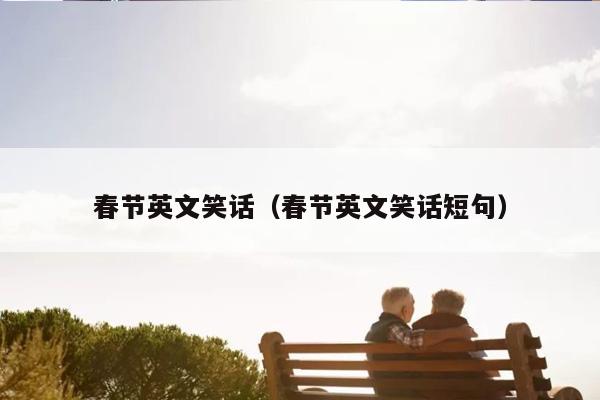
有关于元旦和春节的英语故事
"元旦"is the day God come to our world
春节
In a Chinese legend,"Nien" was a terrible beast.It ate not only animals but also people.
People felt that they had to do something to stop Nien from eating any more people.
They found out that Nien was scared of three things anything colored red, loud noises, and fire.When the next winter came,
many people put red couplets on their front doors.
People set off firecrackers to make loud noises.People also set bonfires in front of their houses.
One night, Nien came. The red couplets, the noises and the fire frightened it. So it ran away to the mountains and never came back again.
People stayed up all night that night with their families because they were afraid.The next morning, people discovered that Nien had run away!
They congratulated one another by saying “Gon Xi”
All about Chinese New Year
Shortly before Chinese New Year, all Chines clean up their houses.It is symbolic of sweeping away all bad luck. Many people put red plets on their front doors.
Some people put the word “Fu” upside –down on the wall. "Fu" means luck. The character “Fu” upside-down actually means, “luck in coming.”Many people go home to have a big dinner with their family.
There are a lot of special foods served, such as hotpot and fish.At the end of the big dinner, parents give their children money in
red envelopes.
The money represents good luck and prosperity. Many families stay up all night to welcome in the New Year. On New Years Day, people set off firecrackers.
People also wear new clothes and hats to celebrate the New Year. Many people worship their ancestors on the first day of the New Year.
Dragon dances and stilt stunts are also performed on that special day. On the second day of the New Year, daughters –in – law go back to their own mother’s house for a family reunion.
On the fifth day of Chinese New Year, many people reopen their stores for business.
 笑话哦
笑话哦